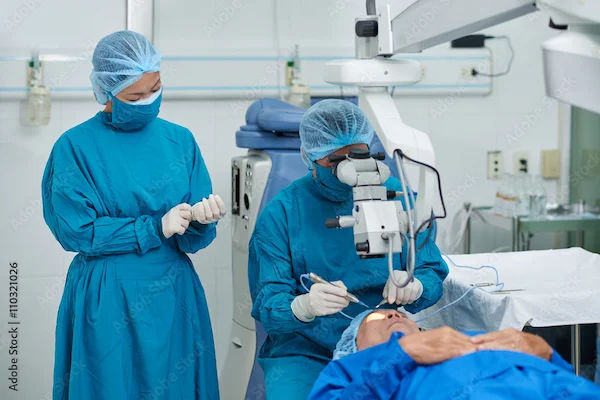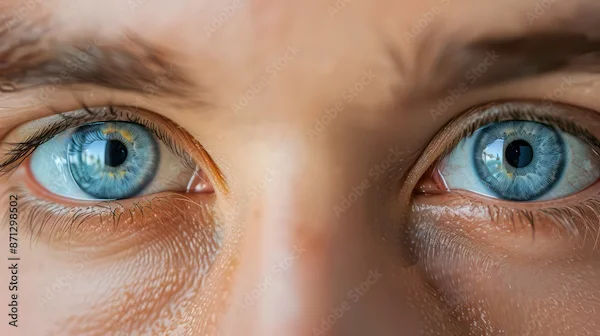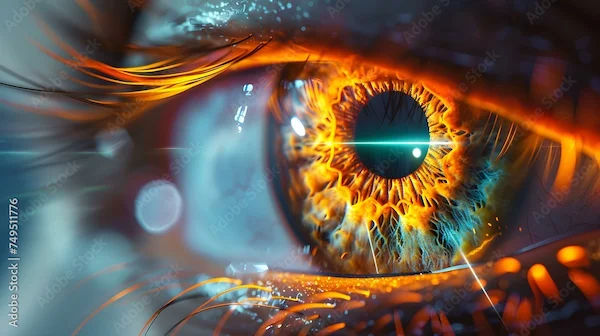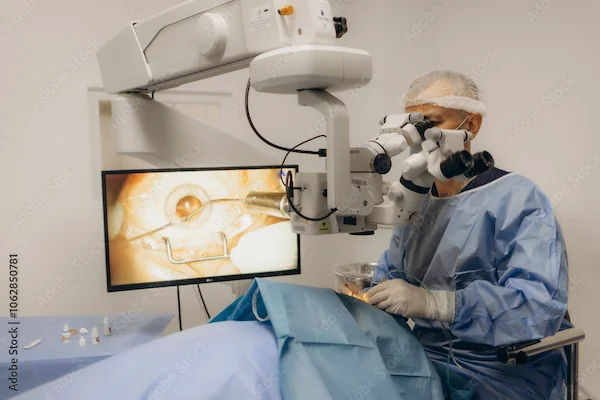When Cataract Surgery Is Needed?
Learn when cataract surgery is needed, including common signs like blurry vision, glare sensitivity, and difficulty with daily activities that may indicate it’s time for treatment.

Written by
Last updated on 3rd Jul, 2025
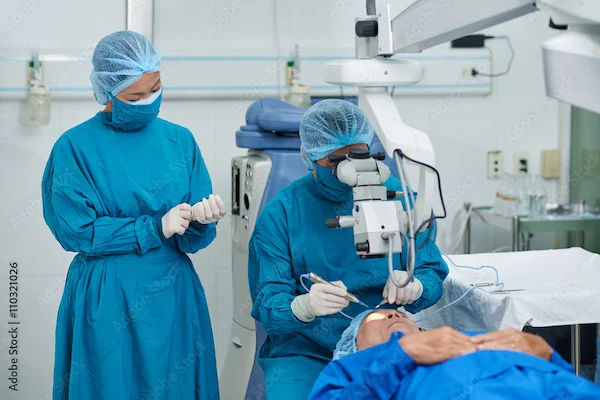
Introduction
Cataracts are a common eye condition, especially as we age. They occur when the natural lens of the eye becomes cloudy, leading to blurry vision, difficulty seeing at night, and faded colours. If left untreated, cataracts can significantly impact daily life. But when is cataract surgery needed? Let’s explore the signs, symptoms, and the right time to consider surgery.
Understanding Cataracts
The eye’s natural lens helps focus light onto the retina, allowing us to see clearly. Over time, proteins in the lens can clump together, forming cloudy areas—this is a cataract. While ageing is the most common cause, other factors like diabetes, eye injuries, prolonged steroid use, or excessive UV exposure can also contribute.
Signs You May Need Cataract Surgery
Not everyone with cataracts needs immediate surgery. However, if you experience the following symptoms, it may be time to consult an eye specialist:
1. Blurry or Cloudy Vision: Objects appear hazy, as if looking through a foggy window.
2. Difficulty Seeing at Night: Poor night vision makes driving or moving around in dim light challenging.
3. Increased Sensitivity to Glare: Bright lights, sunlight, or headlights may seem too harsh.
4. Fading Colours: Colours may appear dull or yellowish.
5. Frequent Changes in Eyeglass Prescription: If your vision keeps worsening despite new glasses, cataracts may be the cause.
6. Double Vision in One Eye: Seeing multiple images from one eye can indicate cataract progression.
Get Your Eyes Checked
When Is the Right Time for Surgery?
Cataracts develop slowly, and surgery is not always urgent. Doctors usually recommend surgery when:
Vision loss interferes with daily activities like reading, driving, watching TV.
Cataracts affect your quality of life.
The cataract causes other eye problems, such as glaucoma or inflammation.
There is no strict timeline—some people may need surgery earlier, while others can wait. Your eye doctor will help determine the best time based on your symptoms and lifestyle needs.
What to Expect from Cataract Surgery?
Cataract surgery is one of the safest and most effective procedures. Here’s what happens:
1. Pre-Surgery Evaluation: Your doctor will measure your eye and discuss lens replacement options.
2. The Procedure: The cloudy lens is removed and replaced with an artificial intraocular lens (IOL). The surgery is quick (15-30 minutes) and usually painless.
3. Recovery: Most people notice improved vision within a few days. Full recovery takes about 4-6 weeks.
Tips for Managing Cataracts Before Surgery
If surgery isn’t needed yet, these steps can help manage symptoms:
Use brighter lighting at home and work.
Wear anti-glare sunglasses outdoors.
Update your eyeglass prescription if needed.
Avoid night driving if vision is poor.
When to Seek Help
If cataracts are affecting your daily life, don’t delay seeing an eye specialist. Early consultation can prevent further vision loss and improve your quality of life.
If you or a loved one is experiencing cataract symptoms, Apollo 24|7 offers expert consultations and advanced eye care solutions. Book an appointment today to get a personalised treatment plan.
Consult Top Ophthalmologists
Get Your Eyes Checked

Dr. Smriti Nagpal
Ophthalmologist
13 Years • MBBS , MS (Ophthalmology)
New Delhi
Sunshine mediclinic, New Delhi

Dr. Rajeev Gupta
Ophthalmologist
24 Years • MBBS, MS (Ophthalmology)
Ghaziabad
Om Eye & Gynae Centre, Ghaziabad
Dr. S Venkateswaran
Ophthalmologist
35 Years • MBBS, PGD (OPTHALMOLOGY)
Tiruvannamalai
Shiva Eye And General Hospital, Tiruvannamalai
Dr. Sumit Rastogi
Ophthalmologist
21 Years • MBBS,MS Opthamology
Kolkata
Trinity Clinic, Kolkata
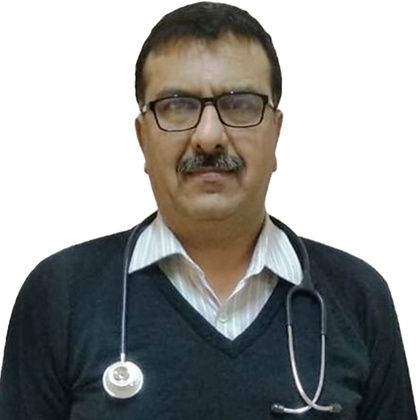
Dr. Dipak Soni
Ophthalmologist
22 Years • MBBS,DO
Vadodara
Shiv Shakti Eye Clinic Phaco Centre, Vadodara
Consult Top Ophthalmologists

Dr. Smriti Nagpal
Ophthalmologist
13 Years • MBBS , MS (Ophthalmology)
New Delhi
Sunshine mediclinic, New Delhi

Dr. Rajeev Gupta
Ophthalmologist
24 Years • MBBS, MS (Ophthalmology)
Ghaziabad
Om Eye & Gynae Centre, Ghaziabad
Dr. S Venkateswaran
Ophthalmologist
35 Years • MBBS, PGD (OPTHALMOLOGY)
Tiruvannamalai
Shiva Eye And General Hospital, Tiruvannamalai
Dr. Sumit Rastogi
Ophthalmologist
21 Years • MBBS,MS Opthamology
Kolkata
Trinity Clinic, Kolkata

Dr. Dipak Soni
Ophthalmologist
22 Years • MBBS,DO
Vadodara
Shiv Shakti Eye Clinic Phaco Centre, Vadodara
